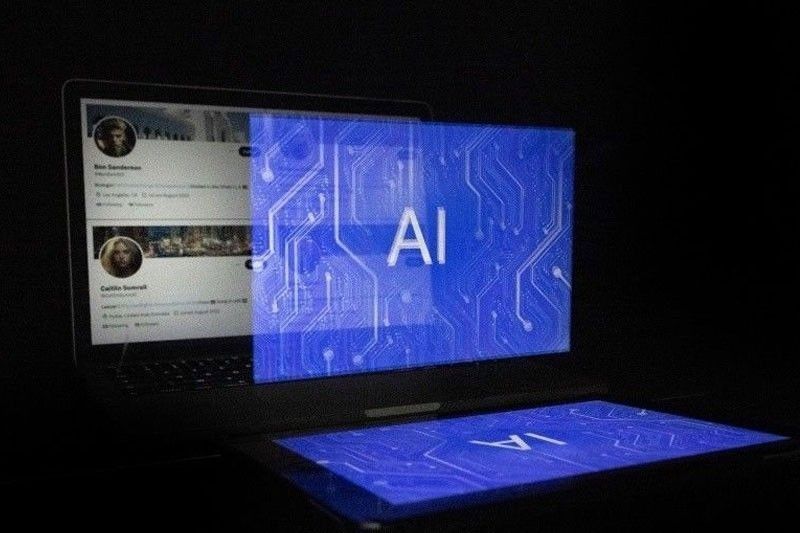Majority of Philippines CEOs trust AI integration in core processes – survey

MANILA, Philippines — Majority of Philippine CEOs expressed confidence in the potential of artificial intelligence (AI) to enhance their business operations, according to the results of the PwC 2025 Global CEO Survey.
In a statement, PwC Philippines said that one striking trend seen in the survey result is that 75 percent of Philippine CEOs trust AI integration into their companies’ core processes.
“This confidence signals a transformative shift as Philippine business leaders position technological innovation at the forefront of their growth strategies,” PwC Philippines said.
Results of the survey showed that about 88 percent expect AI to be systematically integrated into their business processes and workflows over the next three years, and the same anticipate it being used in their technology platforms.
Other areas of AI integration include workforce and skills development (75 percent), new product and/or service development (69 percent) and core business strategy (60 percent).
PwC Philippines noted that the findings of the survey reflect a progressive mindset among Philippine CEOs, who see AI not only as a tool for operational efficiency but also as a catalyst for innovation, growth and competitive advantage.
“AI offers so many possibilities for businesses, from automating routine tasks to uncovering and analyzing deeper insights into consumer behavior,” shares Mary Jade Roxas-Divinagracia, deals and corporate finance managing partner at PwC Philippines.
“We are already seeing this happen at PwC Philippines, where we integrate GenAI into our operations through tools such as ChatPwC, a secure virtual assistant tailored to our unique needs. Ultimately, the impact of AI depends on how it is used: Businesses that thoughtfully embed AI into their strategies will not only enhance operations but also uncover opportunities for transformative growth. We are supporting our clients and stakeholders in unlocking the opportunities and driving organizational success through the use of responsible AI,” she said.
Unlike global CEOs who cite macroeconomic volatility and inflation as their primary concerns, Philippine CEOs face different challenges, highlighting issues focused on workforce development and digital innovation.
About 28 percent of Philippine CEOs said that their companies are exposed to the shortage of skilled workers, while
another 28 percent cited technological disruption.
PwC Philippines said these immediate challenges are particularly critical because they directly impact business sustainability.
Meanwhile, nearly 70 percent of Philippine-based CEOs said that their businesses would not remain economically viable beyond the next 10 years if they stay on their current path.
“These challenges emphasize the need for people and organizational reinvention, including more targeted investments in digital transformation and workforce development,” PwC Philippines said.
It added that local CEOs have begun making progress in addressing these issues, with 75 percent of Philippine CEOs said they have developed innovative products or services in the past five years, including the digitization of analog products, while 65 percent have forged partnerships and collaborations with other organizations, such as universities and managed services providers.
- Latest
- Trending






























